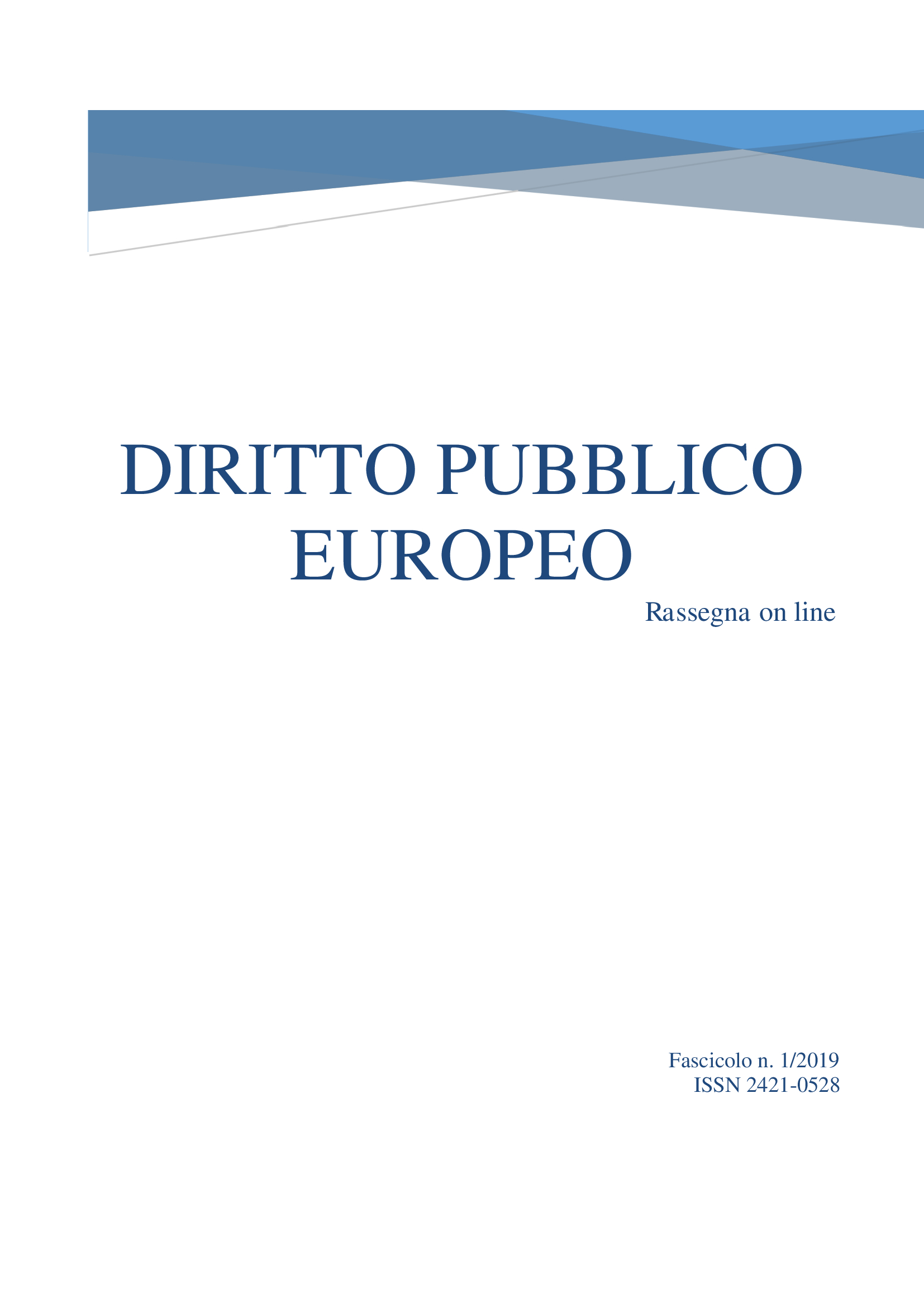«Dictionnaire des biens communs. Enjeux constitutionnels». Table-ronde, Naples, 29 november 2018
DOI:
https://doi.org/10.6092/2421-0528/6402Keywords:
dictionnaire, biens communs, droit public, theorie, Etat, democratie partecipative, structuration ternarieAbstract
Published in 2017, the dictionary of the common goods is already a major work of the scientific French production and more generally of the Francophone one.
Directed by three specialists of private law and of economics, it reunites 193 contributors of different fields of interest: private law (civil law, intellectual property law, company law, information technology law etc…) public law (constitutional law, administrative law, administrative property law etc) economy, philosophy, history, geography, sociology…
It comprises more than 340 records written (The indexing is wider and covers about 450 items) for a total of 1240 pages.This work represents a unique scientific achievement in France (even beyond the title) which shows the importance of the issue for our scientific communities and, moreover, for the construction of contemporary communities.
With this size, statements and comments cannot be modest; the features which follow are fragmented and focus only on some aspects of the dictionary.
After having reminded how the dictionary works and the aims of the authors, a few considerations on constitutional law will be proposed.


